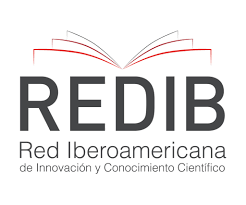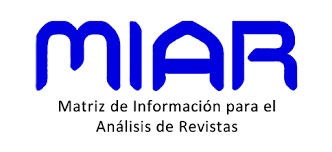The The Difficult Knowledge about Oneself: Reflections on a Text by Brentano
DOI:
https://doi.org/10.51743/cpe.495Keywords:
self-knowledge, Brentano, physical phenomenon, infallibility, immediacyAbstract
The present text aims to review the privilege of self-knowledge as understood by the philosophy of reflection since Descartes. Taking Brentano and his classic distinction between physical and psychic phenomena as a guiding thread, we enter into the question, so often assumed from the philosophy of reflection, of the supposed privilege of self-knowledge as immediate, evident and infallible. A careful examination shows that the mentate and the mentate do not differ precisely in this respect and that the idealist temptation is not correct either. One concludes, on the basis of intentionality and the primary mode in which the intentional object is given to us, that the distinction between the given and the supposedly given remains a task does not exempt from errors because of the depth of the real, but which, as realist philosophers show, are surmountable.
Downloads
References
Brentano, F. (2020), La psicología desde el punto de vista empírico. Sígueme.
Kierkegaard, S. (1969), La enfermedad mortal, Guadarrama.
Kotarbinski, T, (1976), “Franz Bretano as Reist”, McAlister, Linda L. (ed.), The Philosophy of Brentano. N.J.: Humanities Press.
Lawlor, K. (2009), “Knowing What One Wants”, Philosophy and Phenomenological Research, 79: pp.47-75. DOI: https://doi.org/10.1111/j.1933-1592.2009.00266.x
Carruthers, P. (2011), The Opacity of Mind: An Integrative Theory of Self-Knowledge, Oxford: Oxford University Press. DOI: https://doi.org/10.1093/acprof:oso/9780199596195.001.0001
Leibniz, G. (1844), Animadversiones ad Cartesii Principia, Aus Einer Noch Ungedruckten Handschrift Mitgetheilt von G. E. Guhrauer. Adolph Marcus.
James, W., (1884), “On Some Omissions of Introspective Psychology”, Mind, 33: pp.1-11. DOI: https://doi.org/10.1093/mind/os-IX.33.1
Platón (2013), Alcibíades, Edición crítica del texto griego, traducción y comentarios de Óscar Velásquez, Ediciones Tácitas.
Scheler, M. (2003), Los ídolos del conocimiento de sí mismo. Cristiandad.
Downloads
Published
How to Cite
Issue
Section
License
The author reserves the rights (copyright) of the published works, and the journal encourages and allows their reuse, from the preprint. The works are published in the electronic edition of the journal under a license "Creative Commons Attribution / Attribution-NonCommercial 4.0 International Public License - CC BY-NC 4.0", and can be copied, used, disseminated, transmitted and publicly exhibited.
The author / s partially transfer the property rights (copyright) of this work for the printed and online editions, provided that:
- The authorship and original source of its publication (magazine, publisher and URL of the work) is cited.
- Are not used for commercial purposes.
- The existence and specifications of this user license are mentioned.
It also declares to have respected the ethical principles of research and to be free from any conflict of interest.
"C.P.E." encourages the authors and the scientific community to the maximum promotion and dissemination of the works in their final version through:
1) Your list of contacts (emails) and social networks (Facebook, Twitter, LinkedIn ...).
2) Institutional repository of your University and public repositories (Mendeley, Cosis ...).
3) Scientific social networks (ResearchGate, Academia.edu, Kudos ...).
4) Personal or institutional website, blog, etc.
5) Google Scholar, ORCID, ResearchID, ScopusID, Dimensions, PlumX ...
6) Printed copies purchased directly and sent to specialists for reading and subsequent citation if appropriate.




















1.png)
1.png)

1.png)





.png)
.png)

.png)
1.png)
1.png)
